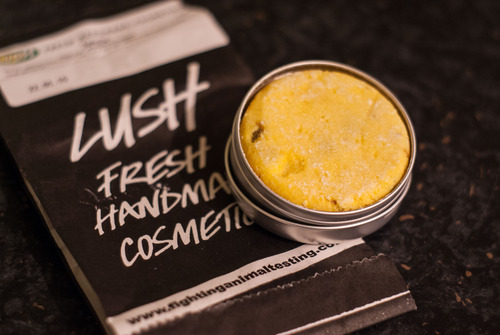
Last week I finished my blog by pondering the human cost of our energy consumption. There’s the questions of fair pay and fair pricing but then I came across Ebico. Thanks here have to go to Rachel Ingle for directing me towards them. I haven’t come across any other company like them so though this blog might sound one sided it’s because it is!
Ebico are the UK’s only not-for-profit energy company. They are seeking to reduce people living in fuel poverty, that is those who can’t afford the cost of fuel or are forced into poverty due to high bills. They are attempted to face the issue that with most energy companies the poorest people nearly always end up paying more because they often use pre-payment meters. More well off people get discounted prices because they pay by direct debit (making them a much safer bet for the energy companies).
The money bit
Ebico have one flat-rate which you pay no matter whether you are on a meter or pay by direct debit. They promise to keep their prices competitive and currently advertise their average prices as £848.19 a year for a low energy user and £1,307.02 for medium use. By my (somewhat haphazard) calculations that makes them a bit more expensive then other suppliers, but I suppose they are aiming at people form who the issue of fuel poverty is important and who want to use their money to make a difference. They have no standing charge so you only pay for what you use, therefore turning lights off will actually make a difference to your bills.
Energy with a conscience
As well as giving fairer prices to people of meters they have also set up a trust to support initiatives to improve the energy efficiency of the homes of low income householders and offer support and advice on saving energy. A list of the current projects they are funding can be found here.
I found an interesting interview with their founder, minister Hugh Lee where he explains the heart behind the company. It’s worth a read, especially if you need encouraging that not all energy companies are out to make as much money as possible!
The down-side
Now to the negatives, while Ebico’s principles are great and I think is amazing they even exist after doing so much research into green energy I had to take a look into that! Unfortuntely they are still relatively low on the renewable side of things, using only 24% compared to 44% coal, they do however use significantly less nuclear (only 2%), here’s the Good Energy’s fuel mix for comparison.
So I go into this week with a conundrum. Basically my choice is go green or fight fuel poverty, it seems I can’t do both…


